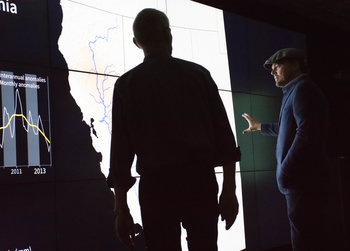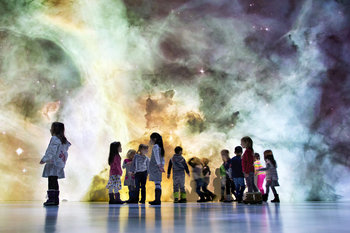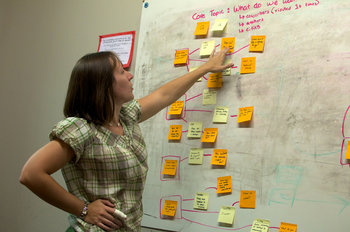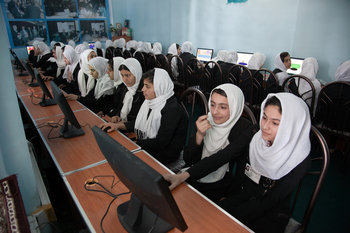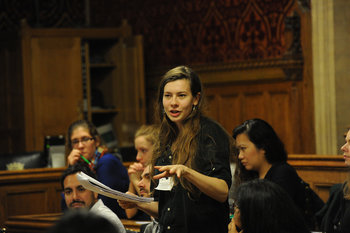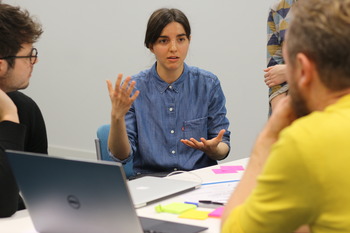
Motivations
Motives for consuming information. Some people are task oriented and consume information to solve a problem or make a decision. It is also common to consume information to fulfill social needs, to experience joy, to avoid pain or to explore your fears. Curiosity can also be a motivation as people may enjoy knowledge for the sake of knowledge.Information Overload
Stress that results from information consumption. For example, making a decision too complex by considering far too much information.Overconsumption
An individual who feels that they are wasting time consuming information such that it impacts their life in negative ways. For example, a student who fails a test because they watched a bunch of videos instead of studying.Information Addiction
A person who lacks control over their information consumption such that repeated behaviors are damaging their quality of life.Escapism
The use of media such as videos and games to escape the realities of life. Escapism is not necessarily a bad thing when done in moderation as this can reduce stress and stimulate the imagination.Underconsumption
An individual who avoids information they need. For example, an individual who knows they have a problem but don't seek information that might help them.Sources
Sources of information including technology tools such as a web browser and content producers such as a video blogger. For example, an individual who gets most of their information from a single TV channel.Filter Bubble
Seeking information that confirms your point of view. In many cases, technologies may do this automatically for you. For example, a video sharing website may suggest videos that align to your political views. It is also common for content producers such as a newspaper to align to a particular ideology or outlook. A filter bubble can make your views feel more accepted and less disputed then they are in reality.Veracity, Correctness & Reliability
The ability of an individual to verify the correctness of information and to identify sources that are reliable, reputable and trustworthy. Consuming misinformation can be quite damaging to an individual as it can give them a distorted view of the world and lead to poor decisions and performance.| Overview: Information Consumption | ||
Type | ||
Definition (1) | An individual's diet of information. | |
Definition (2) | Motivations, needs, habits and perceptions that drive an individual's usage of information. | |
Related Concepts | ||







